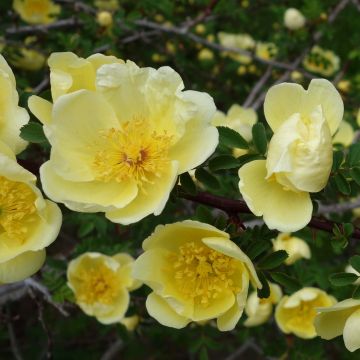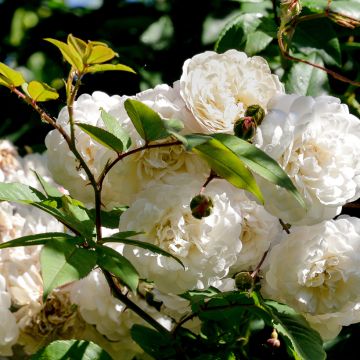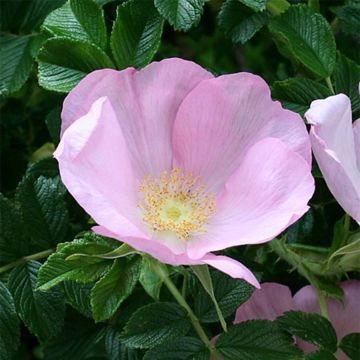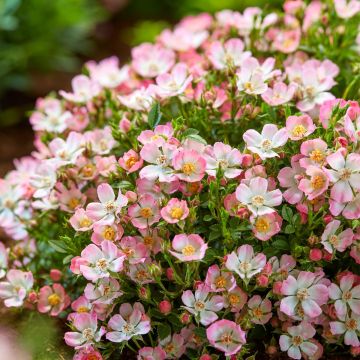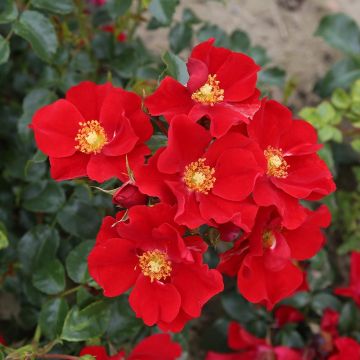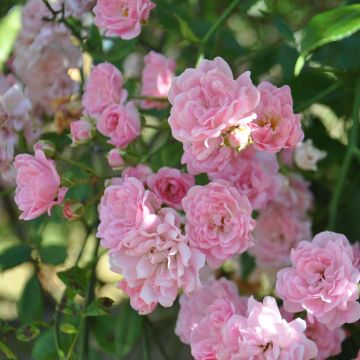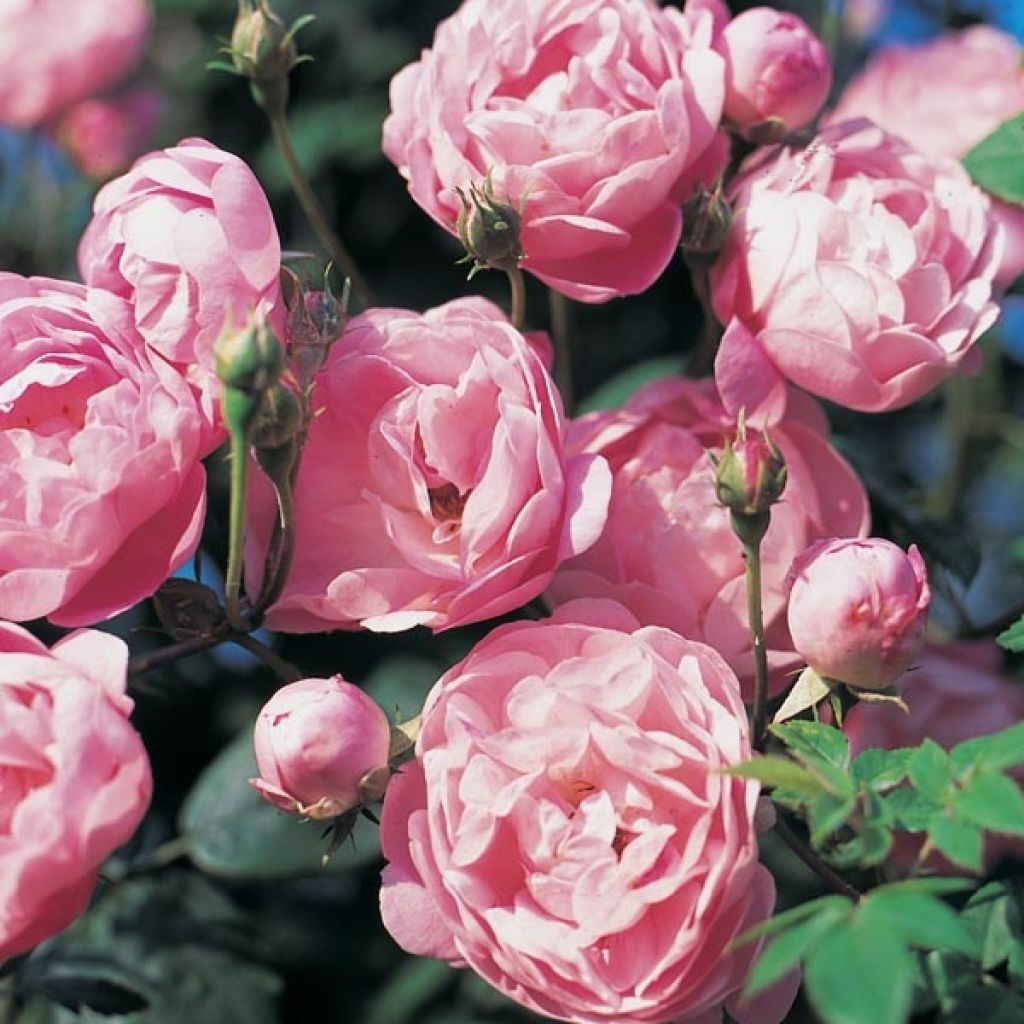

Rosa Raubritter - Climbing Rose
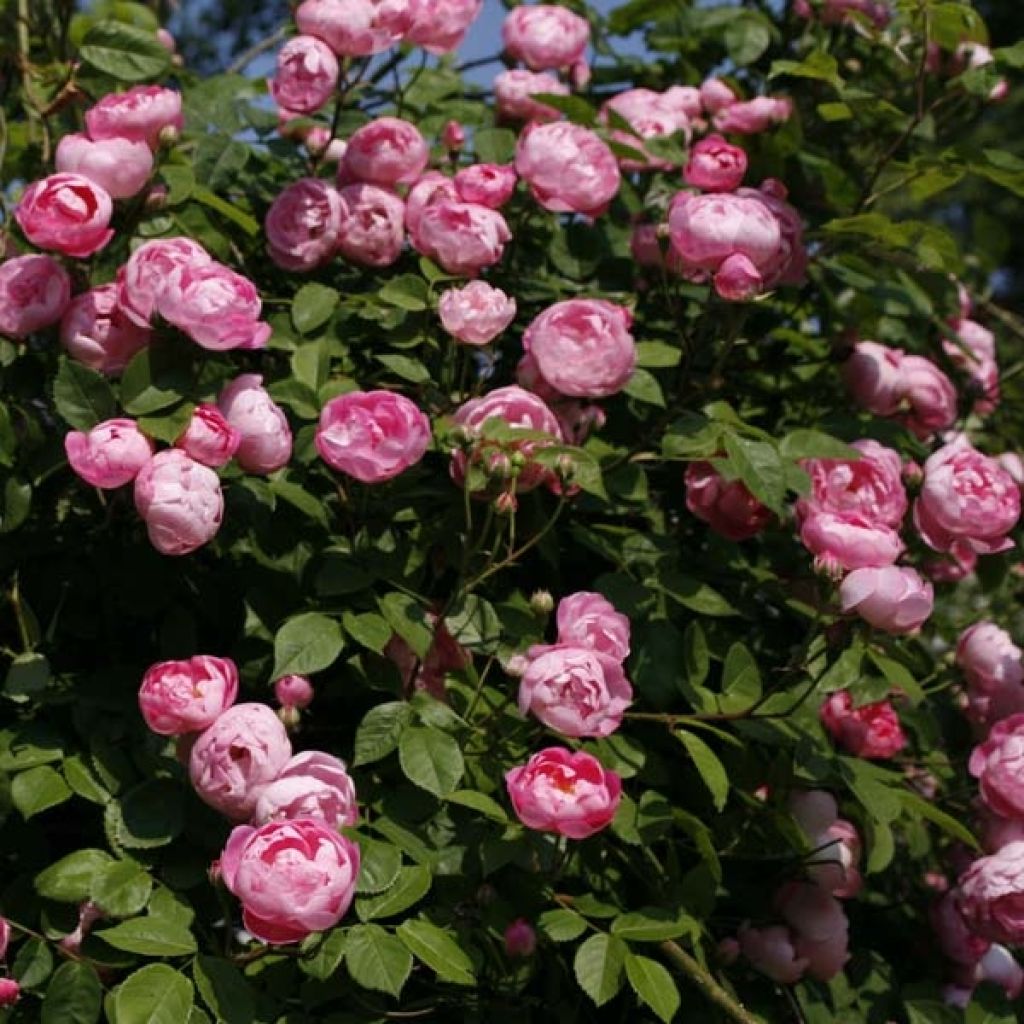

Rosa Raubritter - Climbing Rose
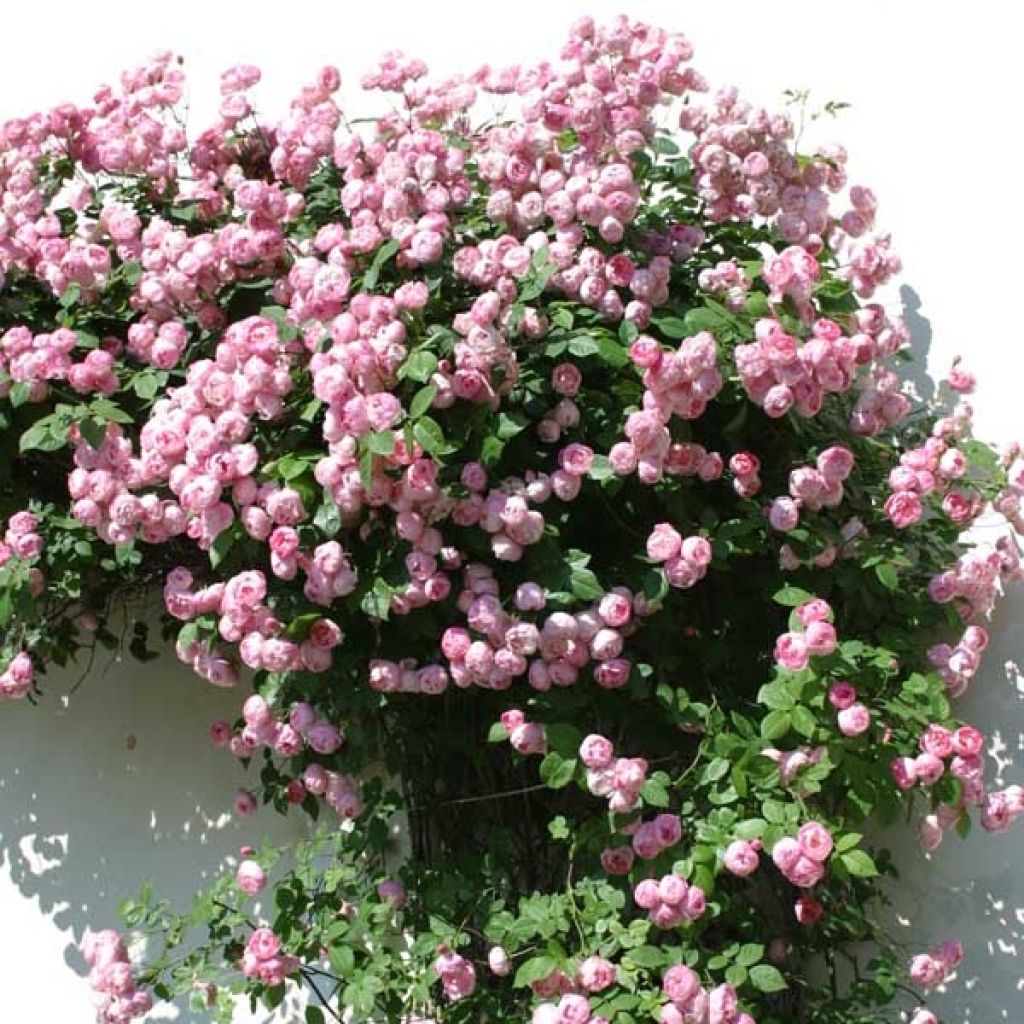

Rosa Raubritter - Climbing Rose
View more pictures
Hide images
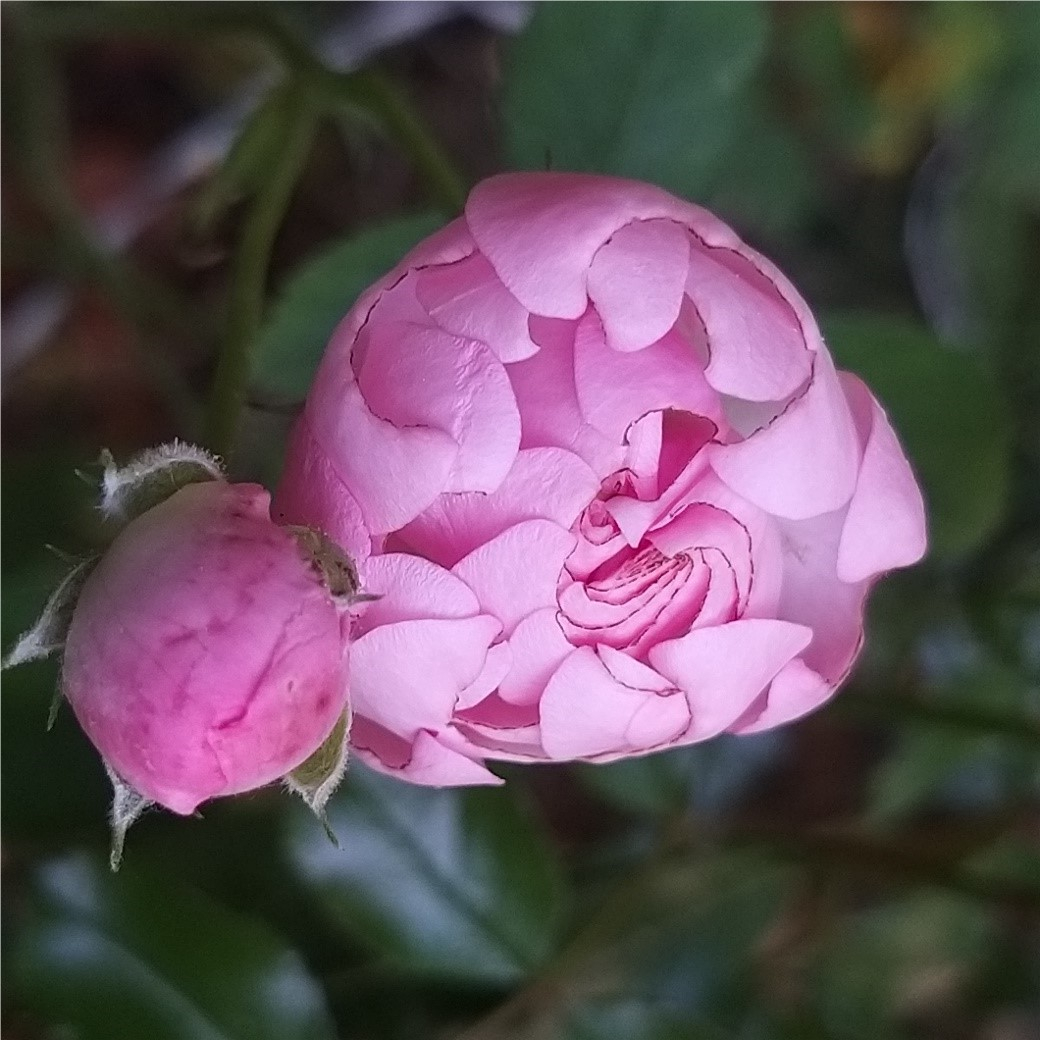
Thierry P.

May flowering - image 10 - Flower & bud.
Thierry P. • 84 FR
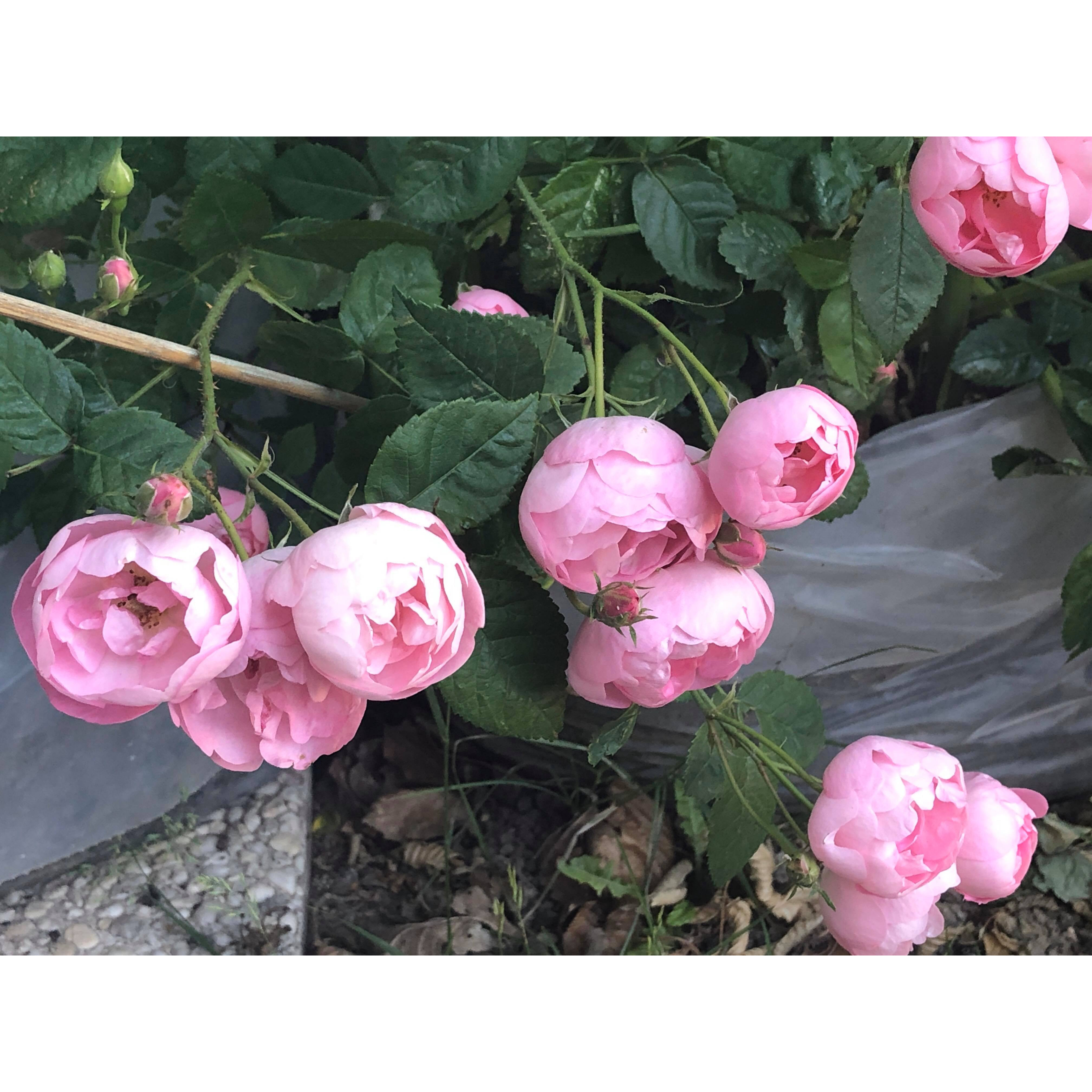
Phuong Hanh T.

May 2020 flowering
Phuong Hanh T. • 59 FR
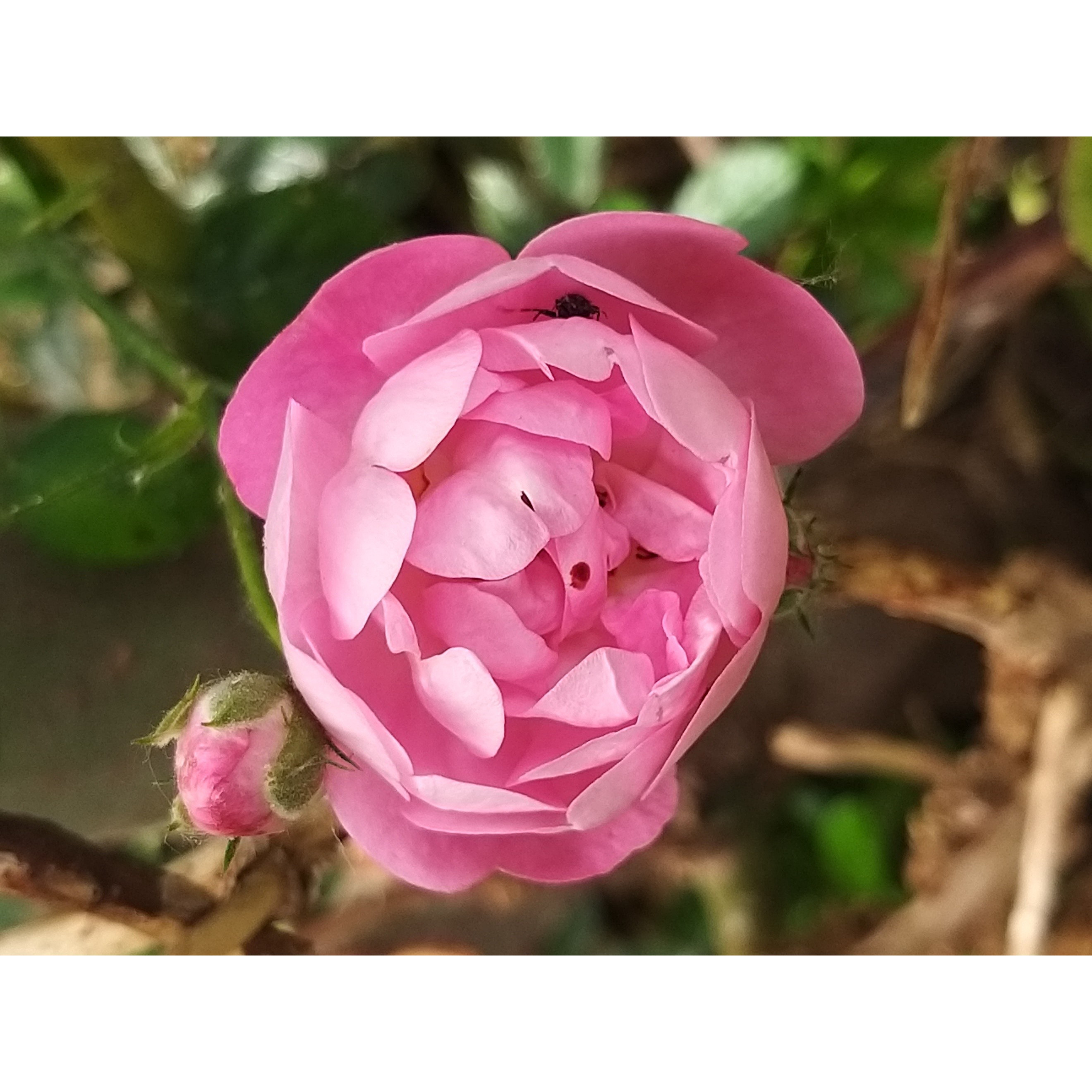
Thierry P.

May flowering - image 5 - With its host.
Thierry P. • 84 FR
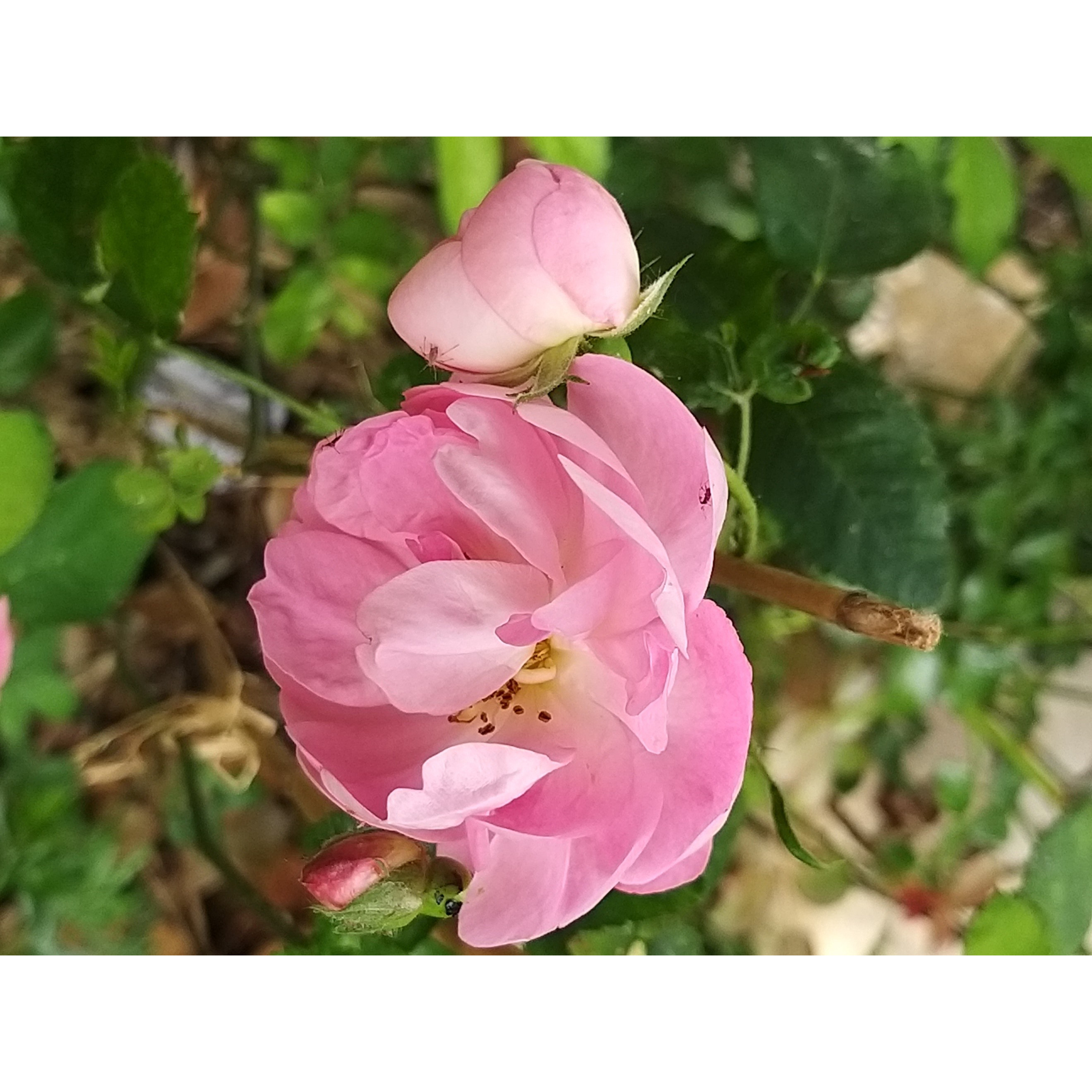
Thierry P.

N/A
Thierry P. • 84 FR
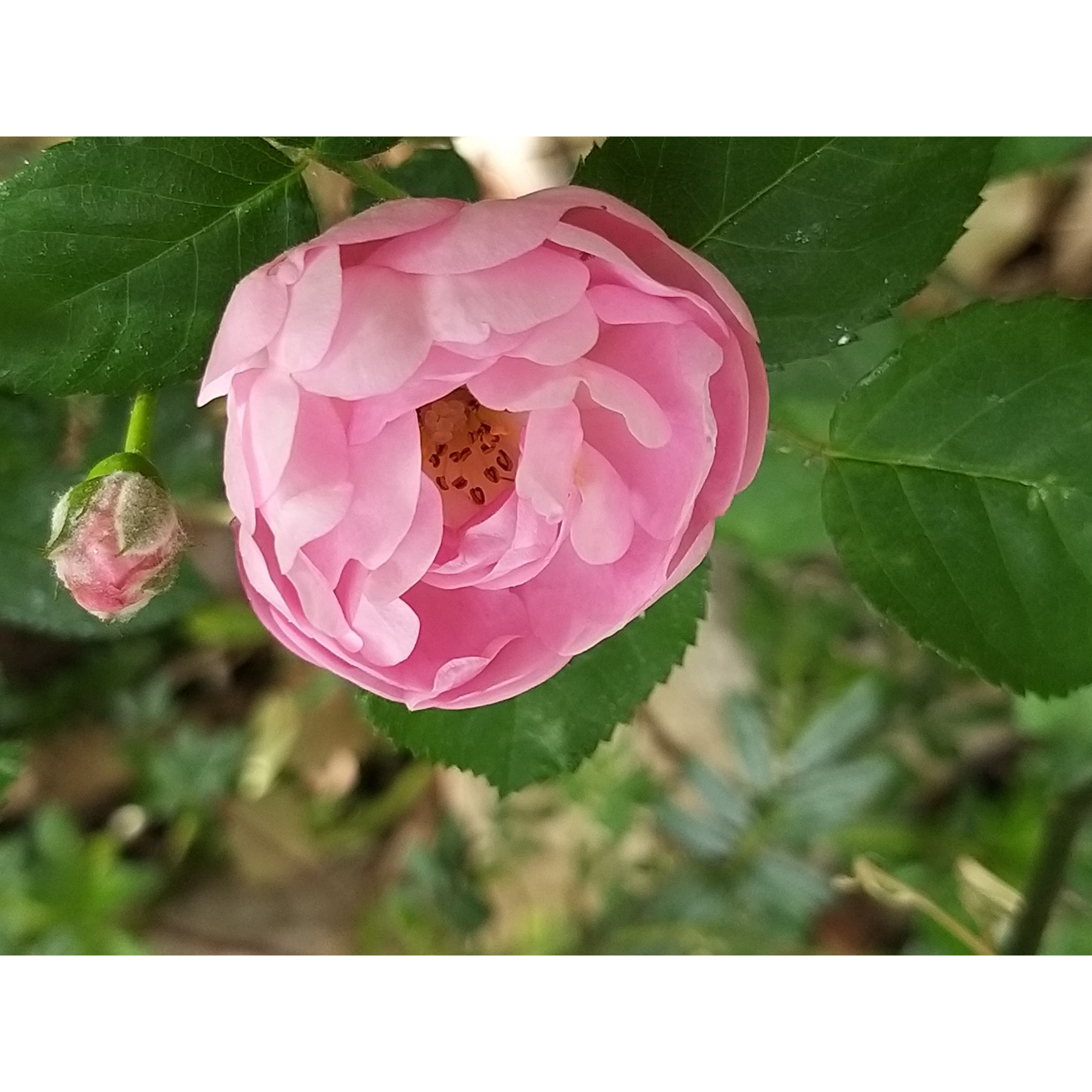
Thierry P.

May flowering - image 4
Thierry P. • 84 FR
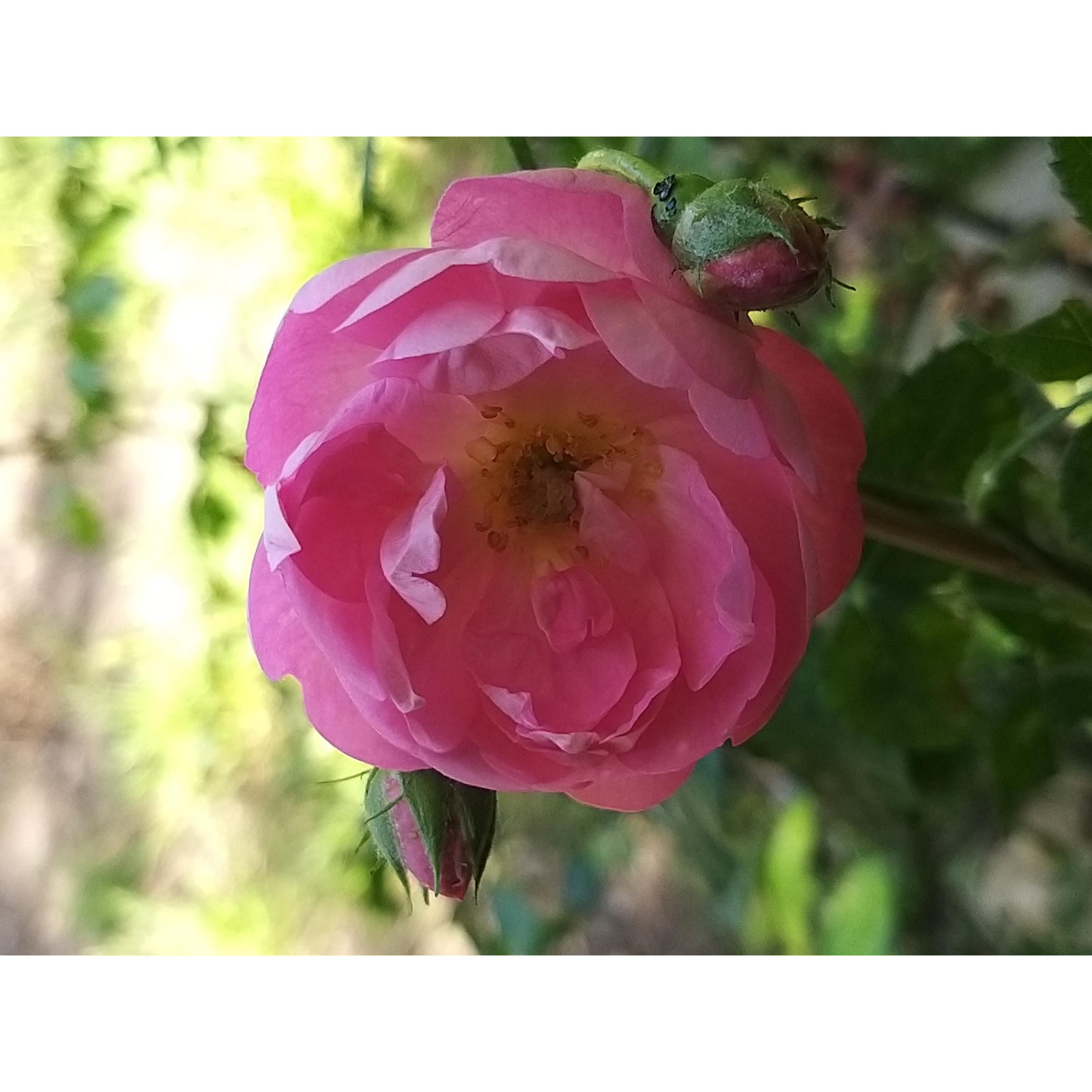
Thierry P.

May flowering - image 2
Thierry P. • 84 FR
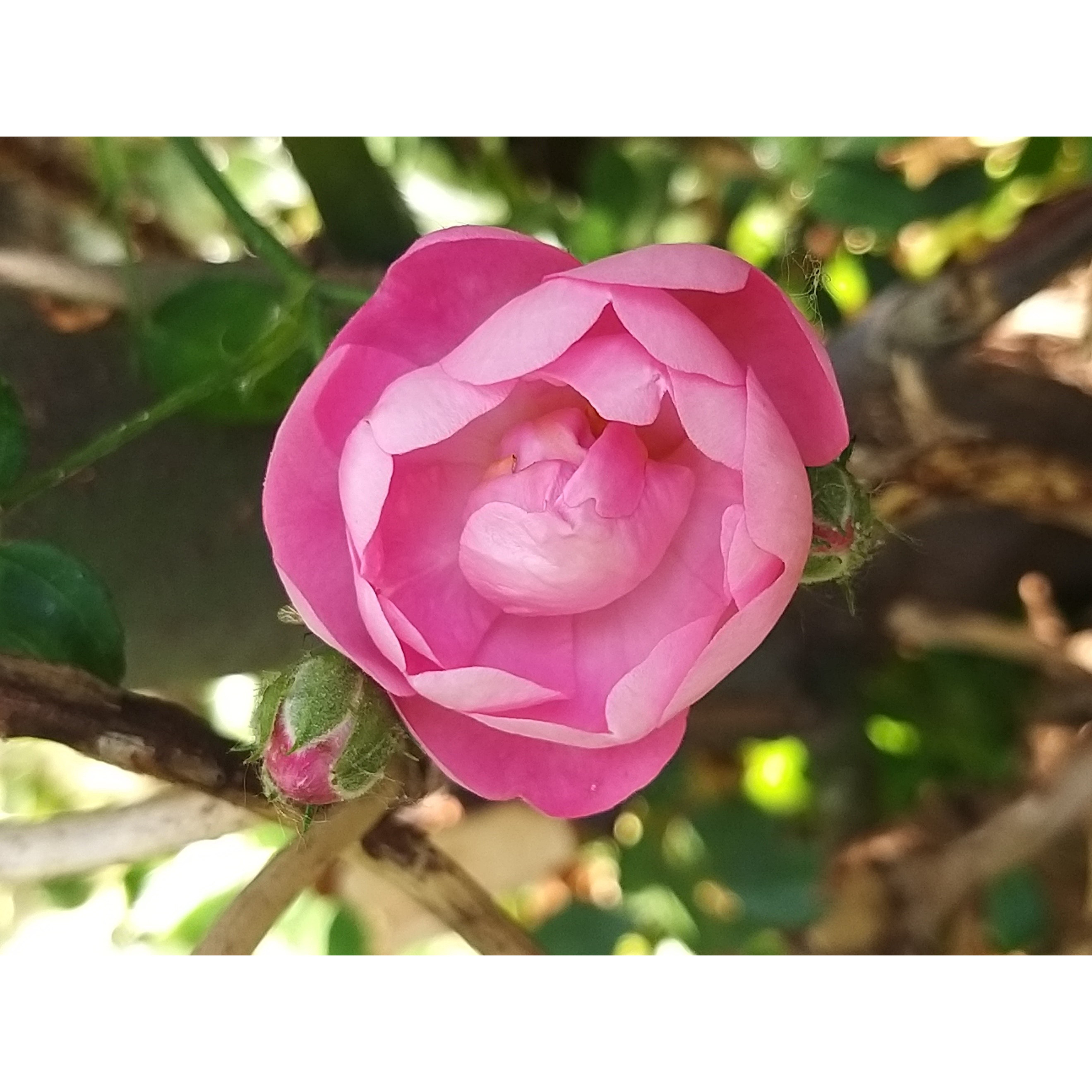
Thierry P.

May flowering - image 1
Thierry P. • 84 FR
Rosa Raubritter - Climbing Rose
Rosa Raubritter
Rose
Carefully packaged delivery and beautiful plant, thank you!
therese, 17/11/2024
Special offer!
Receive a €20 voucher for any order over €90 (excluding delivery costs, credit notes, and plastic-free options)!
1- Add your favorite plants to your cart.
2- Once you have reached €90, confirm your order (you can even choose the delivery date!).
3- As soon as your order is shipped, you will receive an email containing your voucher code, valid for 3 months (90 days).
Your voucher is unique and can only be used once, for any order with a minimum value of €20, excluding delivery costs.
Can be combined with other current offers, non-divisible and non-refundable.
Home or relay delivery (depending on size and destination)
Schedule delivery date,
and select date in basket
This plant carries a 6 months recovery warranty
More information
We guarantee the quality of our plants for a full growing cycle, and will replace at our expense any plant that fails to recover under normal climatic and planting conditions.
Description
The 'Raubritter' rose blooms very abundantly and produces impressive clusters of roses. The fully filled flower is a beautiful almost spherical cup of light pink petals. This rose emits a slight fragrance adding to the romance of its flowering.
This rose can be trained to climb to dress a trellis or a pergola, but also as a spreading ground cover or even better on a rockery or a wall for a magnificent cascading effect. Choose for it in any case a well-drained soil and a place where the air circulates well because this rose can be sensitive to powdery mildew.
'Raubritter' is a Kordes creation, a German family of rose breeders with a very good reputation. If this bush has a certain success among gardeners, it is because of its magnificent flowering.
Kordes creation 1936.
Report an error about the product description
Rosa Raubritter - Climbing Rose in pictures
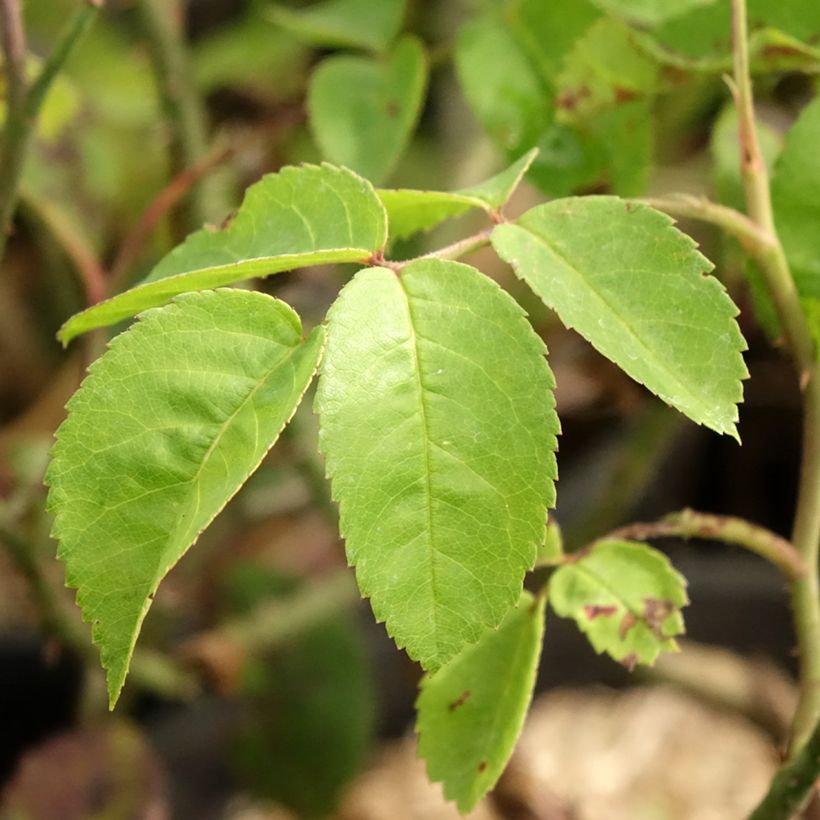

Plant habit
Flowering
Foliage
Botanical data
Rosa
Raubritter
Rosaceae
Rose
Cultivar or hybrid
Rosa canina Laxa (Wrapped bare root, 4L/5L pot)
Planting and care
Plant your 'Raubritter' rose in a sunny or partially shaded location, where its flowers will be protected from the strong midday rays. Roses are tolerant but do not like excessive limestone. They will adapt to any garden as long as the soil is well-worked and sufficiently rich. If you notice spotted or powdery mildew-infected leaves, remove them immediately. This rose may require a preventive treatment with sulphur in spring, which is very effective against fungal diseases. To plant your rose, prepare the soil by breaking it up well and adding an amendment, such as dried blood or dehydrated horn, at the bottom of the planting hole. Water generously after planting to eliminate air pockets. Water regularly for a few weeks to facilitate root establishment. Since 'Raubritter' is not a perpetual flowering rose, it should be pruned at the end of spring after blooming. This will encourage the growth of new shoots that will flower the following year. Renew your rose by removing the oldest stems near the stump, then balance the rose by pruning both short and long branches. Remove dead wood and lightly aerate the center of the rose. When pruning, choose an outward-facing eye and make a slanted cut just above it. Train your roses as they grow to ensure they cover the support.
Roses are often spotted or unsightly in late summer, but this is not a problem for their development. These spots are not harmful to the rose; it is a natural phenomenon.
Planting period
Intended location
Care
-
, onOrder confirmed
Reply from on Promesse de fleurs
Similar products
Haven't found what you were looking for?
Hardiness is the lowest winter temperature a plant can endure without suffering serious damage or even dying. However, hardiness is affected by location (a sheltered area, such as a patio), protection (winter cover) and soil type (hardiness is improved by well-drained soil).

Photo Sharing Terms & Conditions
In order to encourage gardeners to interact and share their experiences, Promesse de fleurs offers various media enabling content to be uploaded onto its Site - in particular via the ‘Photo sharing’ module.
The User agrees to refrain from:
- Posting any content that is illegal, prejudicial, insulting, racist, inciteful to hatred, revisionist, contrary to public decency, that infringes on privacy or on the privacy rights of third parties, in particular the publicity rights of persons and goods, intellectual property rights, or the right to privacy.
- Submitting content on behalf of a third party;
- Impersonate the identity of a third party and/or publish any personal information about a third party;
In general, the User undertakes to refrain from any unethical behaviour.
All Content (in particular text, comments, files, images, photos, videos, creative works, etc.), which may be subject to property or intellectual property rights, image or other private rights, shall remain the property of the User, subject to the limited rights granted by the terms of the licence granted by Promesse de fleurs as stated below. Users are at liberty to publish or not to publish such Content on the Site, notably via the ‘Photo Sharing’ facility, and accept that this Content shall be made public and freely accessible, notably on the Internet.
Users further acknowledge, undertake to have ,and guarantee that they hold all necessary rights and permissions to publish such material on the Site, in particular with regard to the legislation in force pertaining to any privacy, property, intellectual property, image, or contractual rights, or rights of any other nature. By publishing such Content on the Site, Users acknowledge accepting full liability as publishers of the Content within the meaning of the law, and grant Promesse de fleurs, free of charge, an inclusive, worldwide licence for the said Content for the entire duration of its publication, including all reproduction, representation, up/downloading, displaying, performing, transmission, and storage rights.
Users also grant permission for their name to be linked to the Content and accept that this link may not always be made available.
By engaging in posting material, Users consent to their Content becoming automatically accessible on the Internet, in particular on other sites and/or blogs and/or web pages of the Promesse de fleurs site, including in particular social pages and the Promesse de fleurs catalogue.
Users may secure the removal of entrusted content free of charge by issuing a simple request via our contact form.
The flowering period indicated on our website applies to countries and regions located in USDA zone 8 (France, the United Kingdom, Ireland, the Netherlands, etc.)
It will vary according to where you live:
- In zones 9 to 10 (Italy, Spain, Greece, etc.), flowering will occur about 2 to 4 weeks earlier.
- In zones 6 to 7 (Germany, Poland, Slovenia, and lower mountainous regions), flowering will be delayed by 2 to 3 weeks.
- In zone 5 (Central Europe, Scandinavia), blooming will be delayed by 3 to 5 weeks.
In temperate climates, pruning of spring-flowering shrubs (forsythia, spireas, etc.) should be done just after flowering.
Pruning of summer-flowering shrubs (Indian Lilac, Perovskia, etc.) can be done in winter or spring.
In cold regions as well as with frost-sensitive plants, avoid pruning too early when severe frosts may still occur.
The planting period indicated on our website applies to countries and regions located in USDA zone 8 (France, United Kingdom, Ireland, Netherlands).
It will vary according to where you live:
- In Mediterranean zones (Marseille, Madrid, Milan, etc.), autumn and winter are the best planting periods.
- In continental zones (Strasbourg, Munich, Vienna, etc.), delay planting by 2 to 3 weeks in spring and bring it forward by 2 to 4 weeks in autumn.
- In mountainous regions (the Alps, Pyrenees, Carpathians, etc.), it is best to plant in late spring (May-June) or late summer (August-September).
The harvesting period indicated on our website applies to countries and regions in USDA zone 8 (France, England, Ireland, the Netherlands).
In colder areas (Scandinavia, Poland, Austria...) fruit and vegetable harvests are likely to be delayed by 3-4 weeks.
In warmer areas (Italy, Spain, Greece, etc.), harvesting will probably take place earlier, depending on weather conditions.
The sowing periods indicated on our website apply to countries and regions within USDA Zone 8 (France, UK, Ireland, Netherlands).
In colder areas (Scandinavia, Poland, Austria...), delay any outdoor sowing by 3-4 weeks, or sow under glass.
In warmer climes (Italy, Spain, Greece, etc.), bring outdoor sowing forward by a few weeks.































